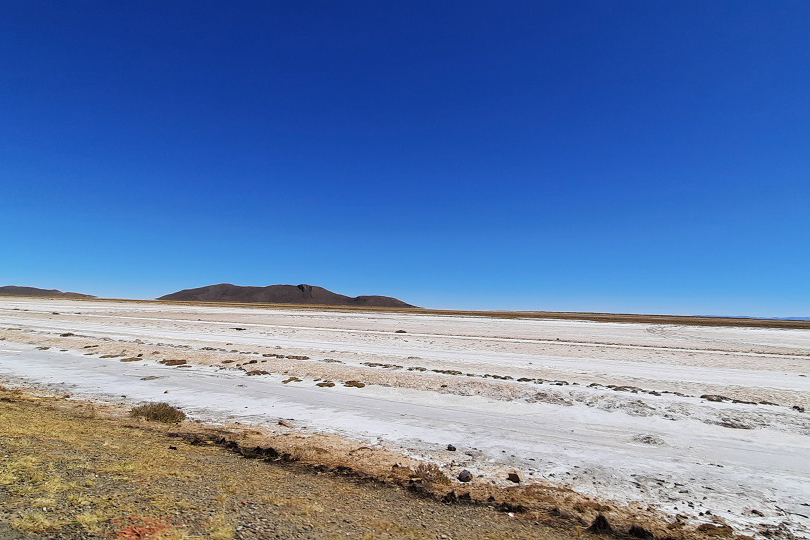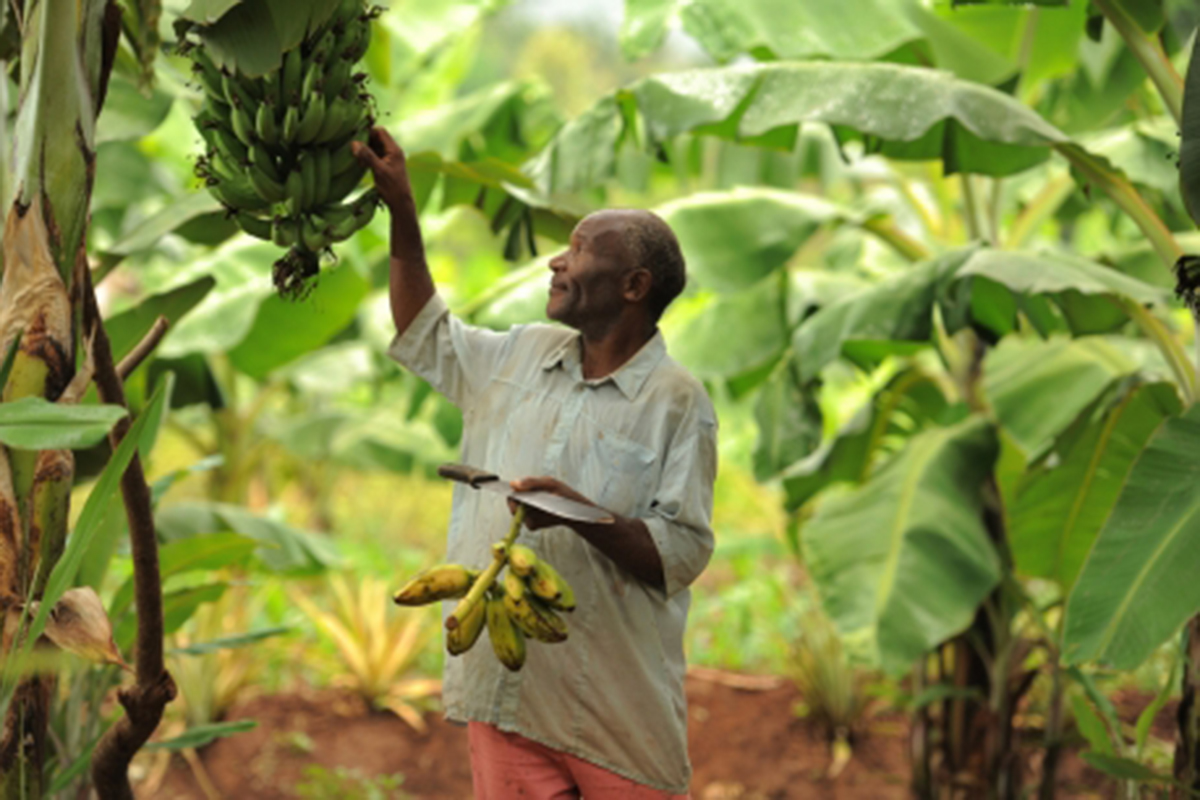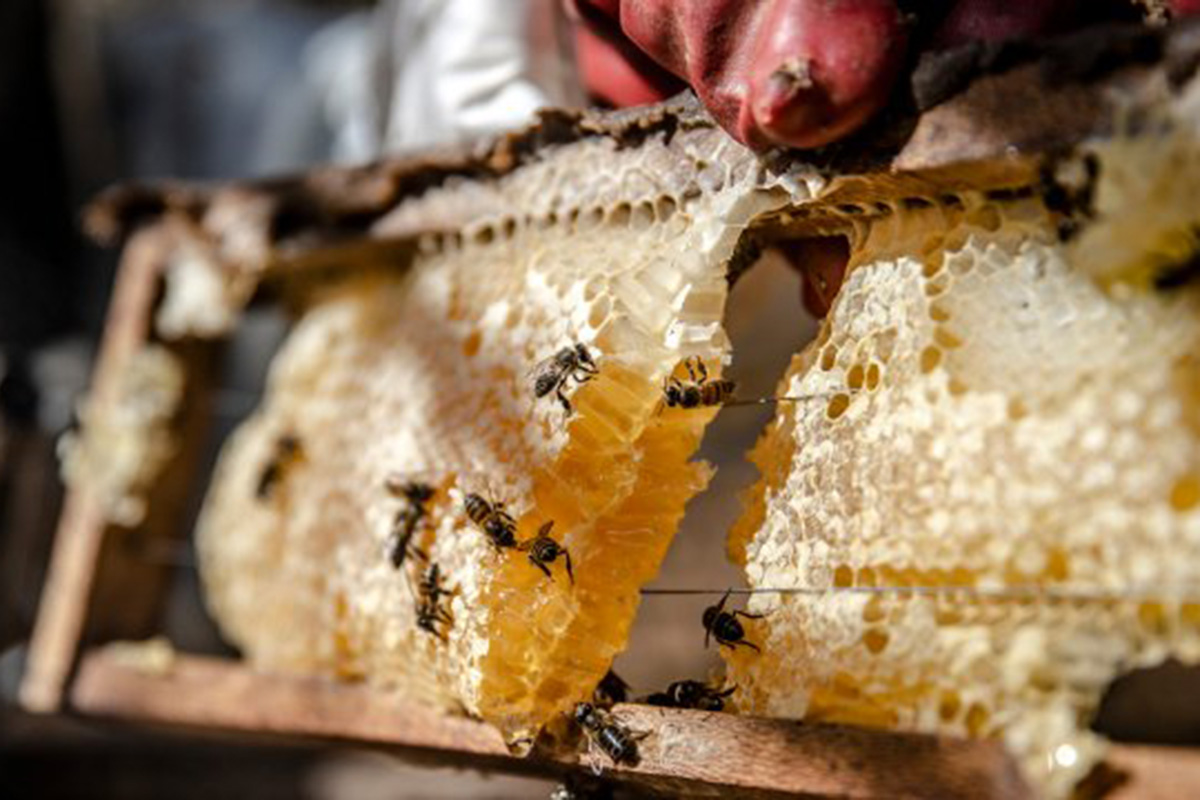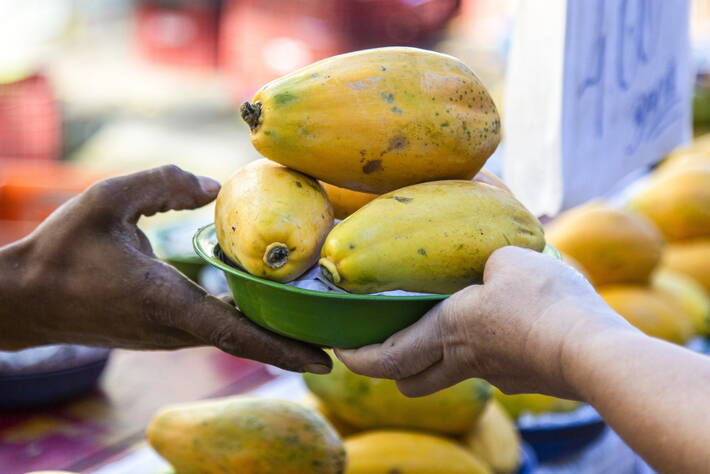While human activity has already influenced the climate, there are opportunities to mitigate its effects on Planet Earth. Back in April, four astronauts, including FAO Goodwill Ambassador Thomas Pesquet, travelled into space. They carried out a series of scientific experiments set to contribute to the fight against climate change and support global food security.
Producers: Charlotta Lomas, Anais Hotin, Marina Sánchez Castelo.
Presenter: Charlotta Lomas, FAO.
Photo credit: © ESA / NASA.
Sound effects provided by ESA and NASA.








